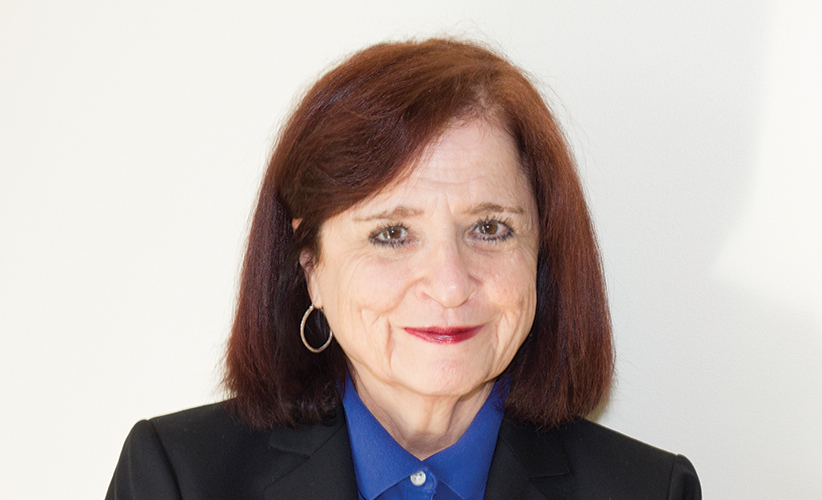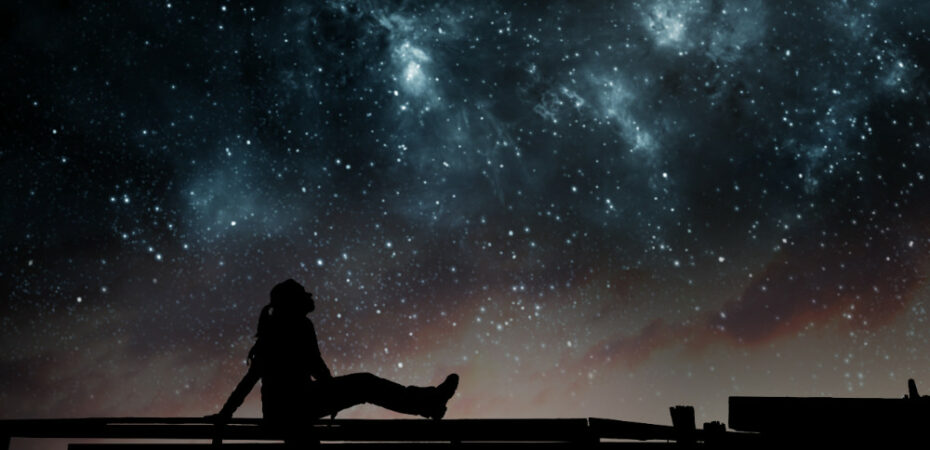Seeking Mystery
Recapturing our need for wonder and awe
Susan Kehoe Comments Off on Seeking Mystery
 I still remember the awe and wonder I felt as a child when I looked up at the night sky; the sky was domed and filled with millions of stars. In those moments, I knew with certainty that there was a God. As the psalmist proclaimed, “The heavens declare the glory of God; / the firmament proclaims the works of his hands” (Ps 19:2).
I still remember the awe and wonder I felt as a child when I looked up at the night sky; the sky was domed and filled with millions of stars. In those moments, I knew with certainty that there was a God. As the psalmist proclaimed, “The heavens declare the glory of God; / the firmament proclaims the works of his hands” (Ps 19:2).
Unfortunately, the heavens are obscured due to light pollution for most of us who live in even mid-sized cities or suburbs. We can no longer gaze up in wonder.
In his book “The Luminous Dusk” (William B. Eerdmans Publishing Co., $19.50), Dale C. Allison Jr., writes, “The more we have moved indoors the less some of us have been inclined to believe.”
He is pointing out that most of us have lost our connections with the natural world, which leads to the loss of wonder and awe. It is, I believe, a consequence of the increasingly materialistic and technocratic culture we in the West live in: The natural world is something to be manipulated and controlled. It is no longer seen as being infused with the light of the Creator.
Since the Enlightenment, we have elevated the material world we can see at the expense of the invisible, spiritual world. Premodern man was aware of the link between heaven and earth. They knew that all creation is a theophany — a manifestation of God (but not God). They found their identity in Christ and the Paschal Mystery. Now people create their own identities. Too many of us have lost the intuition that human life is grounded in something larger than ourselves — that life has meaning and purpose. This can lead to despair and loss of hope. It has also led to a rupture in humanity. Since humans are no longer understood as being made in the image and likeness of God and, therefore, sacred and part of one human race, we are becoming a divided family.
It is a difficult environment in which to spread the good news of the Gospel. Perhaps Christians need to invite nonbelievers to enter the mystery. St. Augustine wrote, “We have heard the fact; let us seek the mystery.”
Head knowledge of the Faith is not enough, especially in a culture that rejects reasoned argument.
There is a growing interest in the Eastern Orthodox Churches by young adults, especially men. Very often, they are invited to an Orthodox liturgy and are so awed by the experience that they stay, seeking entry into Orthodoxy. When asked, these young people say they are looking for something real, which is what they experienced in the ancient liturgy. They entered the sacred mystery and found reality.
In the Catholic Faith, we believe that heaven and earth meet in the sanctuary. On the altar, the past, present and future converge. We enter the Paschal Mystery when the Eucharist is re-presented. During the Eucharist, we are present at the Last Supper. We are present at the foot of the cross. We are present at the Resurrection. We are present at Christ’s glorious ascension. The Mass and all sacraments should be celebrated as the great mystery that it is.
Fear (awe) of the Lord is wisdom’s beginning, and love of the Lord is wisdom’s end.
All sacraments are real encounters with God. Christ touches us, enters us, pours his love into us. When we receive the sacraments, we should, at the very least, gaze up in absolute awe and wonder at our God, who lowered himself to live amongst us and died on a cross to redeem us.
SUSAN KEHOE is co-director of RCIA at Christ the King Parish in Des Moines, Iowa, along with her husband, Deacon Larry Kehoe. She writes at adeaconswife.com.





